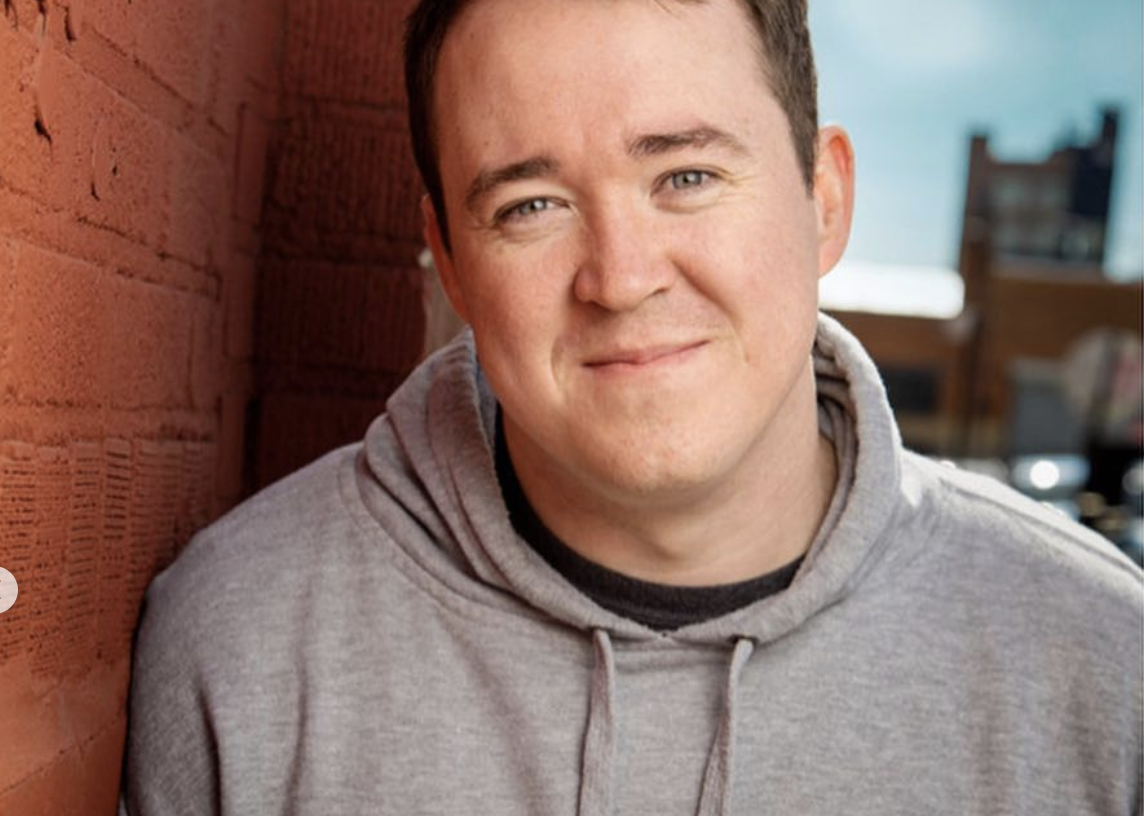A few weeks ago, SNL announced that it would be firing newly-hired comedian Shane Gillis after a podcast clip went viral in which Gillis mocks Chinese accents and uses an anti-Asian racial slur.
Gillis has since released a statement on the matter, writing, “I am a comedian who pushes boundaries. I sometimes miss. I’m happy to apologize to anyone who’s actually offended by anything I’ve said.”
Some found SNL’s decision to fire Gillis commendable while others viewed it as political correctness intruding on the art of comedy.
While Gillis’ hurtful language and weak apology make him a difficult person to defend, Gillis’ situation with SNL is just another example of how we fail to adequately deal with offensive language, especially in comedy.
Presidential candidate Andrew Yang expressed similar views on the topic.
Yang, who was one of the subjects of Gillis’ racial slur, came out in defense of Gillis, expressing his belief that Gillis should not have been fired from SNL.
Yang wrote on Twitter, “As a society, we have become unduly punitive and vindictive about people making statements that some find offensive or distasteful” and later saying, “I think that he deserved another chance to keep his job.” Yang even reached out to Gillis about meeting to discuss why Gillis’ jokes were hurtful.
While Yang does not represent the entirety of the Asian-American community, his response to Gillis’ anti-Asian jokes offers a refreshingly nuanced approach to how we should deal with offensive language.
Giving people a second chance is not downplaying the pain that racially hurtful language can cause, it is merely a recognition of the fact that we are all humans who say regrettable things.
As Yang put it, Shane Gillis “does not strike me as malignant or evil… He strikes me as a still-forming comedian from central Pennsylvania who made some terrible and insensitive jokes and comments.”
For comedians, determining what constitutes edgy humor and what is legitimately hurtful is often difficult. And the boundaries of what topics are acceptable to joke about are constantly changing with time.
I’m not arguing that comedians should be exempt from the professional costs that come with using racial slurs. But a lot of the outrage that comes from TV shows such as SNL is over the top and disingenuous.
If we are going to be able to progress as a society, there has to be some form of rehabilitation for those who have said offensive things. A sincere apology and proof of how one has changed should be enough to earn our forgiveness.
Continuing to boycott and shun those who have said stupid things will get us nowhere. When we are unable to distinguish between poor comedic taste and bigotry, we diminish the evil of genuine racism.
David Gordon is a sophomore majoring in business.
Featured image source: Instagram, @shanemgillis






